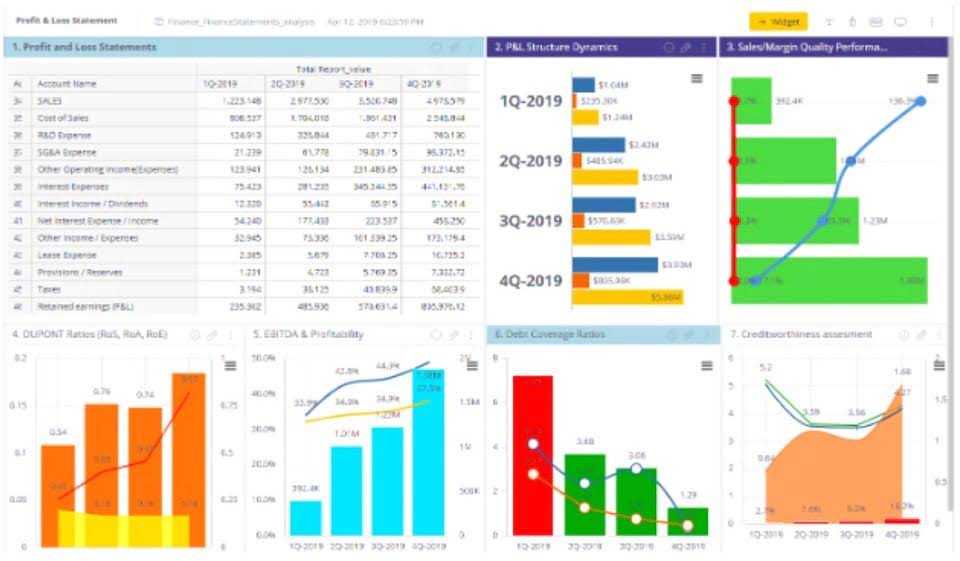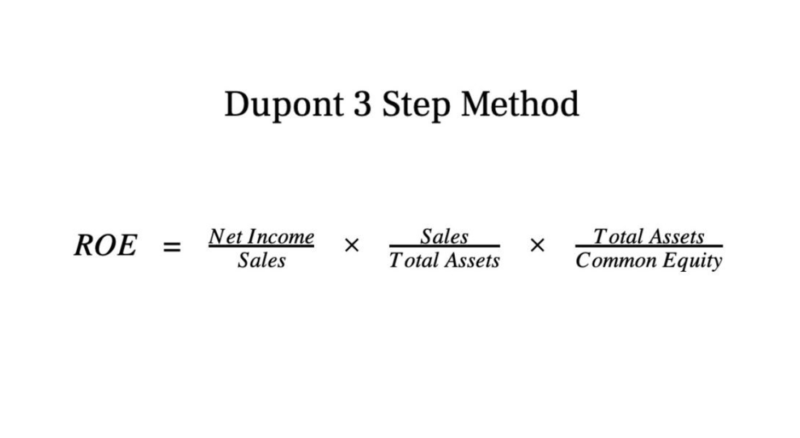
Shifting demographics, changes in consumer behavior, a dynamic tax and regulatory environment, technology, and a multitude of other factors are having a profound impact on the future of accounting. Which types of consultants are in biggest demand will likely change from year to year, as the profession continues to evolve to meet consumer needs. Traditionally, the nature of accountancy means that you collect historical information and data and report on it. When working as an accounting consultant, you can take your expertise a step further. To succeed in accountant consultancy, one must possess analytical and problem-solving skills, communication and interpersonal skills, attention to detail and accuracy, and adaptability in a fast-paced environment.
Expertise and Specialized Knowledge
Ask yourself whether you may be hiring staff later on, which may affect how you set yourself up as well. Regardless of the type of work you want to do, getting started as a consultant most likely will require advance planning. If time allows, you should start thinking about it at least six months from the time you plan to retire or https://www.bookstime.com/ transition. That will give you time to obtain any additional training or education you will need.
What Similar Roles Do

You can also gain skills by volunteering or working at a reduced rate until you get up to speed. If you’re thinking of becoming a consultant, however, there are some things you need to know about the consulting landscape first, and some vital questions to ask yourself. In our recent survey, recruiters told us that resume search is the top tool they use to find the best candidates. Post your resume today to ensure recruiters and hiring managers can easily find you. If you hold a CPA license or CMA certification, fulfilling your required CPE credits is the perfect opportunity to build your niche knowledge. With a CPA license and/or CMA certification, you are infinitely more competitive on the job market and can charge more for your services.

Example accounting consultant requirements on a job description
For instance, if you’ve been in a senior management role, you may not have been involved with hands-on accounting functions for a long time. Or, if you work for a large organization, you most likely use different software than smaller companies do. The niche you want to enter may require you to learn a particular type of software (QuickBooks, Xero, Intacct) or brush up on other skills such as workflow management. Starting your accounting consultancy career can be daunting—especially if you are branching out from a more traditional accounting role.

They may also seek consultants because they are expanding or relocating and need someone to assist during a transition or to help implement software. Successful accounting consultants often specialize in a certain industry and learn the unique accounting requirements used in certain areas. For example, one accounting consultant might specialize in working with healthcare organizations including hospitals, clinics, and doctors in private practice. The consultant will learn the unique billing requirements and accounting features of a company that must work with various insurance companies and government programs like Medicare and Medicaid.
CliftonLarsonAllen accounting consultant job description
This arrangement can be a cost-effective solution for businesses that require expert financial counsel on https://www.facebook.com/BooksTimeInc/ a project-by-project basis. They are the leaders with information and insights facilitating intelligent decisions about the organization’s financial future. Accounting consultants must have a strong educational background in accounting or a related field. Their expertise helps organizations avoid financial pitfalls and carve a path toward fiscal stability and growth. This activity includes adherence to tax laws, financial reporting standards, and other relevant legislation.

- However, a growing section of the accounting trade is offering their services as business consultants, helping businesses and people to restructure their financial reporting, analyze fiscal data ,and conform to new regulations.
- To deliver efficient and accurate results, accounting consultants must demonstrate proficiency in various accounting tools and software.
- Their expertise helps organizations avoid financial pitfalls and carve a path toward fiscal stability and growth.
- With regulations, standards, and technology constantly evolving, accountant consultants must stay updated.
Being an accountant consultant offers advantages such as high demand in the market, the potential for a high income, and exposure to varied and challenging work. The pros of being an accountant consultant include high demand in the market, the potential for a high income, and challenging and diverse work. Successful accountant consultants have strategies to navigate these hurdles despite the inherent challenges. Given the nature of their work, accountant consultants need to be precise and thorough.
- For example, will you operate as a sole proprietor, an LLC, or a corporation?
- In our recent survey, recruiters told us that resume search is the top tool they use to find the best candidates.
- While formal education and certifications provide the theoretical foundation and professional legitimacy, practical skills, and experience make an accountant consultant genuinely effective.
- These reports offer comprehensive insights into an organization’s financial standing, facilitating informed decision-making.
- The accountants improve accounting practices and prepare financial statements at the end of every year.
Do you already work with a financial advisor?
Let’s examine the definition of accounting consulting and describe exactly what accounting consultants do, how to become an accounting consultant, why you should consider making the switch, and much more. To become an accountant consultant, you need a solid educational foundation in accounting, professional certifications, practical experience, and a diverse skill set. An accounting consultant ensures that businesses adhere to financial regulations, conducting regular audits and helping prepare for what is an accounting consultant external audit evaluations. Accounting consultants often grapple with the complexities and constant changes in financial regulations.
Communication and Interpersonal Skills
Their insights can influence business decisions, strategies, and growth plans. Business advisory skills are another pivotal aspect of an accountant consultant’s portfolio. Their expertise in analyzing financial data, developing strategic plans, and managing financial risks is highly valued across industries. These insights enable organizations to make informed decisions and bolster their financial health. Accounting consultants must conduct exhaustive financial analyses in an era where fiscal responsibility is paramount for all organizations. These professionals often operate as financial problem-solvers, addressing any discrepancies and improving the business’s financial health.

